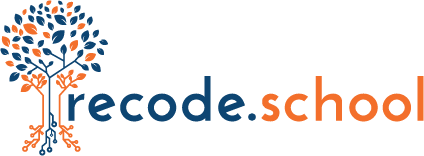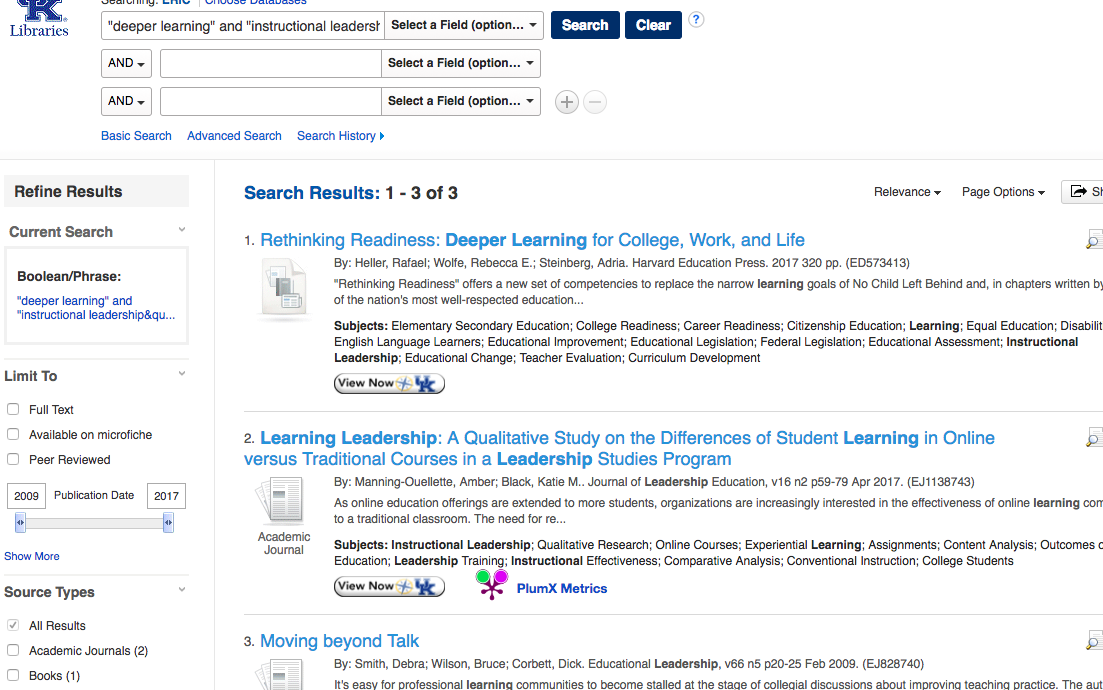I can't tell you how many meetings I've been in across various components of the education system over the last decade where there is an almost willful ignoring of these elephants. In law, we have a term for this behavior ... "deliberate indifference." It comes mostly from the field of harassment law under Title IX where on occasion school officials consciously ignore harassment occurring within schools. The Davis case from the Supreme Court is seminal.
Now, I want to make an analogy, but hint beyond that. Certainly, that over 1/2 of the kids are bored in a given moment (or pick a different elephant) is not the same at all as explicit acts sexual or gender harassment. These are not the same thing, but they are both things that happen to children and the question is how to judge school official's behavior thereto. My case in this post is that in both of these instances, the behavior of the school official is largely the same. Legally, the full test of school liability for sexual harassment from adult to child is: (1) actual knowledge and (2) deliberate indifference. For school liability for harassment between children we add third component of (3) severe, persistent, and objectively offensive.
It is a useful legal test that has seemingly worked okay in the field of harassment, so, look back at Will's 9 Elephants and see which of those, if using this test, we could potentially find school's liable? Use either the first two parts or all three parts of the test (your choice).
For me, perhaps not all 9, but certainly the majority would create at least a prima facia case of school liability for student harassment. Whether a school official can be held to have "actual knowledge" that subjects and time blocks, for instance, are not the best way to allocate information and time is questionable. But, if actual knowledge is established for any of the 9, then certainly deliberate indifference would follow along. As Will points out, we generally know these things and we generally ignore them. Let's see an example.
Every time a principal observes a fifth grade math classroom of utterly disengaged and bored students, sees and understands what is (or is not) happening, and then walks on with no further action taken ... using our test there would be a case of liability for student harassment. Let's assume this particular math teacher has provided similar observations many times in the past. There was actual knowledge, deliberate indifference, and, if you desire, the treatment of the children is severe, persistent, and objectively offensive.
Now, I hear you, forcing students to memorize multiplication tables is not harassment you say. Okay, but what if you did that, or something similar, all day long? Is that not harassment? Let's remember what we are doing here. We are legally forcing children to sit in mostly white concrete block rooms, quietly, compliantly, for hours and hours, five days a week. Multiplication tables are not the only activity, there is also worksheets, sight words, quizzes, reading of textbooks, etc. ... the question is not whether any one of these is harassing to children, it is whether the vast compilation of these rises to something akin to harassment.
I'm not sure, honestly. But, my sense is that this is something we should think more about. What thoughts do you have?









